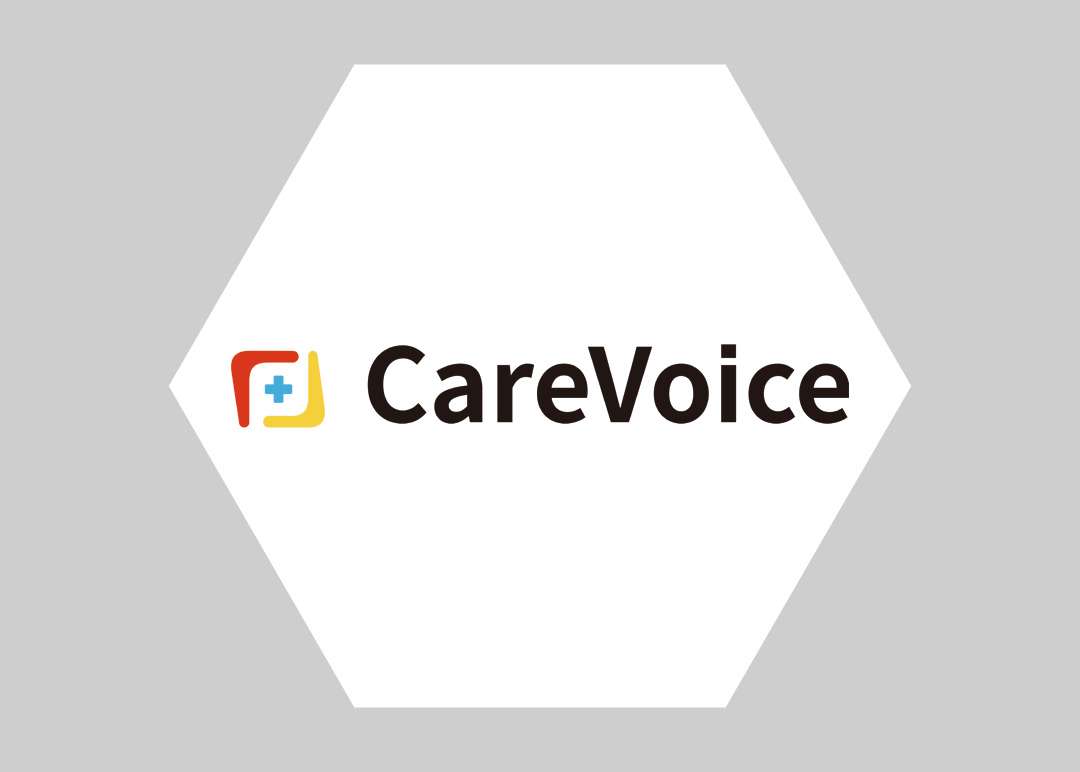Carevoice, specializing in embedded insurance solutions, overcame funding hurdles by focusing on profitability.
Insurance technology has been through some tough times. Most of the early insurtech businesses that promised to use new tech to disrupt the insurance industry have either been acquired or are now struggling in the public markets; this was about seven years ago.
Thankfully, “embedded insurance” has emerged as a new wave for insurtech to ride in the last few years. For example, rather than consumers actively seeking coverage, insurance could show up as an add-on when customers buy flights, thanks to insurance startups’ success in assisting third-party companies in “embedding” insurance products into their customer journeys. This helps enhance sales and retention. It appears that investors are also enthusiastic about this concept, even though they have previously stated that strong traction and solid economics are critical for entrepreneurs in this field right now.
Investors in the field seem to find such math appealing, according to Carevoice, an embedded insurance solution provider with a footprint across 15 countries that originated in Shanghai. Apis Insurtech Fund I of the United Kingdom was the lead investor in the company’s recent $10 million Series B round of funding. Thanks to this investment, the total amount of capital that the company has raised is close to $20 million.
Considering the recent slowdown in venture funding for startups, that is noteworthy. According to Rock Health, a health tech-focused seed fund, the total amount raised by U.S.-based digital health firms in 2023 was $10.7 billion over 492 deals, which is the lowest amount since 2019.
Carevoice was not immune to the financial slowdown, but it managed to come out on top in the end. Funding pledges for the company’s Series B have already been obtained by mid-2022. According to co-founder and CEO Sebastien Gaudin, who spoke to the media, the startup’s revenue multiple was significantly cut when one of its investors became “valuation sensitive” at the same time that the market turned around.
He explained that they have to change their approach to fundraising. “We were making good progress toward profitability, so we dug in and achieved cash flow neutrality from Q3 2022 until now.”
The company’s income spiked in 2023 and is expected to reach $10 million this year, thanks to a combination of one-time implementation fees and regular licensing payments, he added.
“So ultimately, we were able to successfully finish our Series B,” Gaudin chimed in.
Carevoice and other embedded health solution providers may face competition from more established IT and consulting firms like TCS, which is owned by Tata. But according to Gaudin, health providers who choose to outsource their software requirements will come to terms with the substantial “time and money” that comes with “limited outcomes.”
Before [clients] see anything, it can take two or three years. Additionally, the price tag is close to a million dollars. Afterwards, they will find themselves in a difficult situation. He clarified that the custom software firms would not be able to handle various health technologies, work with them, or integrate them because health system administration is not part of their purview.
In just three months, according to Gaudin, Carevoice can launch a beta version of a health tech solution. This includes two to four weeks for design and another two months for development. The business allows MetLife, one of its largest clients, to use its 360Health app, which includes features like the ability to detect illnesses by scanning faces, connect to a network of nearby clinics for checkups, and prevent illnesses in all aspects of health (physical, mental, and cognitive).
Along with investing in the next generation of CareVoiceOS, an operating system it developed for insurers, the newly funded company, which employs about 40 people, intends to broaden its partnerships with insurers across Asia, Europe, the Middle East, Africa, and the Americas.












